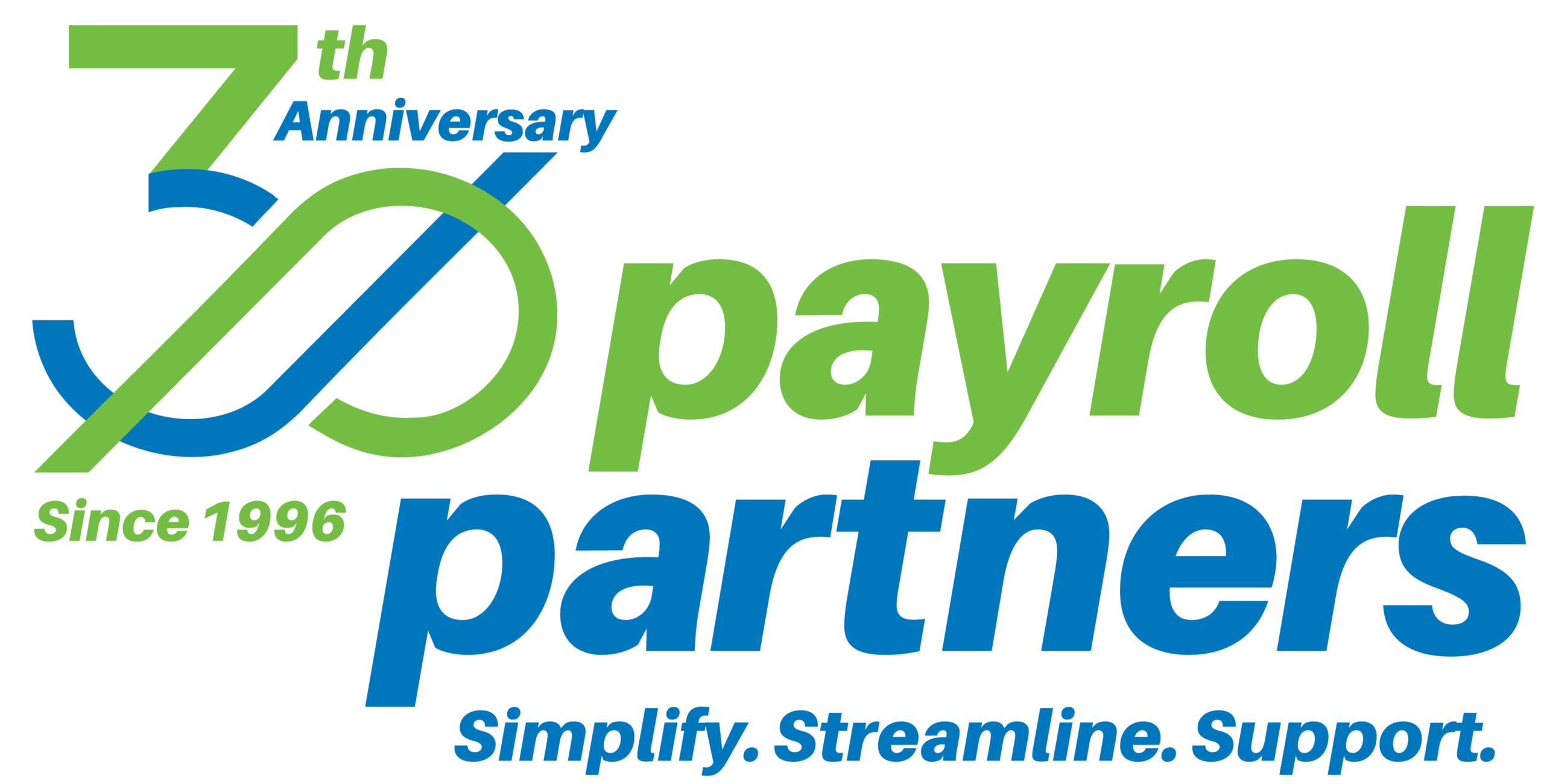Donning and doffing is the practice of employees changing into (donning) and out of (doffing) work attire such as uniforms, protective gear or equipment.
Employees who may have to don and doff during a shift include:
- Police officers.
- Nurses.
- Firefighters.
- Security guards.
- Welders.
- Drilling workers.
- Construction workers.
- Food service workers.
- Hospitality workers.
- Pharmacy workers.
- Amusement park workers.
Items that they may have to don and doff include:
- Uniforms.
- Hazmat suits.
- Protective suits, such as coveralls, respirators, boots, hoods and gloves.
- Metal mesh gloves.
- Protective eye gear, such as safety glasses, goggles and face shields.
- Coveralls, aprons, gloves and hairnets (for food service workers).
- Gowns, face masks, shoe covers and rubber gloves (for hospital workers).
- Bulletproof vests (for police officers).
- Neoprene aprons, sleeves and gloves.
- Fire-resistant pants, jackets and boots (for firefighters).
Is donning and doffing compensable?
Generally, employers must pay employees for donning and doffing if the time spent on those activities constitutes a “principal activity” of the job.
The Fair Labor Standard Act’s Portal-to-Portal Act regards pre- and post-shift activities as compensable if they are “integral” and “indispensable” to the employee’s principal activity. So, if pre- and post-shift donning and doffing are an integral and indispensable part of the employee’s principal activity, then the time spent donning and doffing is compensable under the FLSA.
Case in point
The Department of Labor refers to the Supreme Court’s unanimous decision in the case of IBP v. Alvarez, 126 S.Ct. 514 (2005).
The Supreme Court ruled that time spent donning and doffing at a poultry processing plant was a principal activity under the Portal-to-Portal Act and compensable under the FLSA.
Per the DOL, the Supreme Court also held that employees at the plant “must be paid for the time they spend walking between the place where they put on and take off protective equipment and the place where they process the meat or poultry.”
Location matters
The DOL says that donning and doffing is compensable only when employees are required to don and doff on the employer’s premises.
According to the DOL, “It is our long[-]standing position that if employees have the option and the ability to change into the required gear at home, changing into that gear is not a principal activity, even when it takes place at the plant.”
Therefore, changing into and out of work gear at home is not compensable.
Additional considerations
When considering the compensability of donning and doffing, you must also consider:
- State and local wage and hour laws.
- Collective bargaining agreements for unionized employees.
- Other aspects of the FLSA, such as “Preparatory and Concluding Activities.”
- Donning and doffing compensation tests developed by federal circuit courts.
Donning and doffing is a complex area of employment law, so be sure to seek legal advice when establishing related compensation policies.
Original content by © IndustryNewsletters. All Rights Reserved. This information is provided with the understanding that Payroll Partners is not rendering legal, human resources, or other professional advice or service. Professional advice on specific issues should be sought from a lawyer, HR consultant or other professional.

